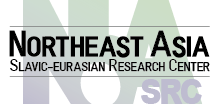This year’s ABS annual conference took place at the Manchester Grand Hyatt Hotel in San Diego. There were over 70 panels, two keynotes, over 350 papers and presentations at roundtables, and nearly 300 participants. The following is a summary of panels in which the UBRJ members participated in.
The first panel titled “Relocating East Asian Borders in Everyday Life” invited five speakers, Po-Yi Hung (Taiwan National University), Naomi Chi (Hokkaido University), Ted Boyle (Kyushu University), Akihiro Iwashita (Hokkaido University) and Yu-Hsiu Lien (Taiwan National University). The speakers looked at various borders, including the tea trade between Taiwan and Southeast Asian countries; Southeast Asian women migrants in care work crossing the border to Japan, Korea and Taiwan; the memories shared by the Japanese island of Yaeyama and Pacific island of Palau; the transformation of the Sino-Russian border; the complexity of tea blending in Taiwan and Vietnam.
One of the highlights of the conference was the panel “Gendering Border Studies” which invited 5 speakers, including Kathy Staudt (UTEP), Naomi Chi (Hokkaido), Kimberly Collins (CSUSB), Andreanne Bissonnette (Quebec) and Carla Angulo Pasel (Balsillie). Each speaker presented their work on various borders, concentrating on the violence, danger and accessibility to goods and services of women migrants (documented as well undocumented) in their respective areas. Also, issues of gender balance in social justice organization and ways to define social equity in border regions (mainly in the U.S.-Mexico border) were discussed at the panel.
Another addition to this year’s ABS conference was a panel organized by the border studies unit at Chungang University, Reconciliation and Coexistence in Contact Zones (RCCZ) Research Centre. The panel titled “Moving Beyond Boundaries: War and Bodies Politics” which invited speakers, Hye-ryoung Lee (Sunkyunkwan), Woonhyung Chon (Chungang), Kyounghwa Lim (Chungang) and Yu-Jung Lee (Yonsei), who focused on the border that divides the two Koreas, exploring the literature, film and performances that move the body beyond borders.
Special mention goes to the panel titled “Researching and Promoting Knowledge About Borders” where Koji Furukawa (Chukyo) presented the seven years of activities of the Japan International Border Studies Network (JIBSN), which was established as part of the Border Studies project of the Slavic Eurasian Research Centre.
Last but not least, one of UBRJ’s partner, the Borders in Globalization (BIG) project, will come to an end this year, and the wrap up of the migration and security policies in comparative perspective took place on the morning of the last day of the conference, which invited speakers, Ted Boyle (Kyushu), Naomi Chi (Hokkaido), Emmanuel Brunet-Jailly (Victoria), Oliver Schmidtke (Victoria) and Birte Wassenberg (Strasbourg), to talk about migration and security policies in Asia and EU, respectively. Though the policies itself the political and social backdrops to these two regions are different, we can see that there is an opening and closing of the borders happening simultaneously.









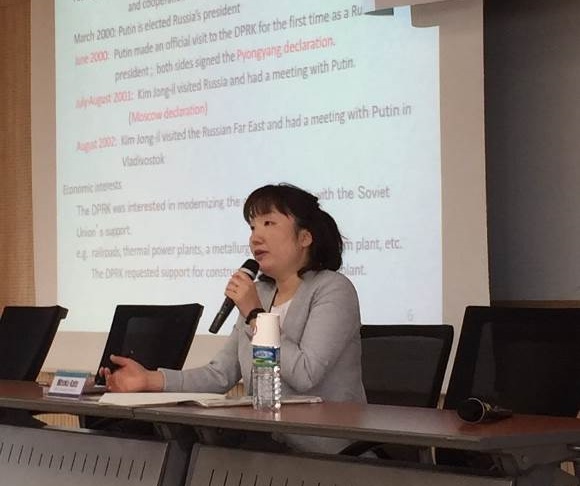
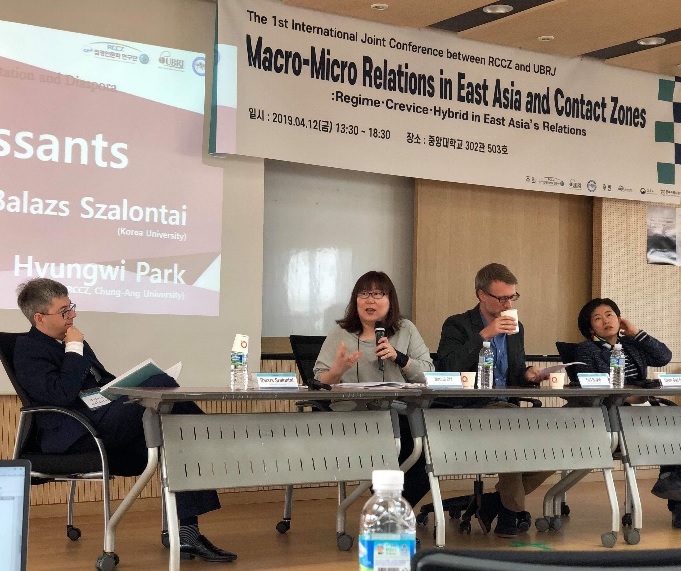
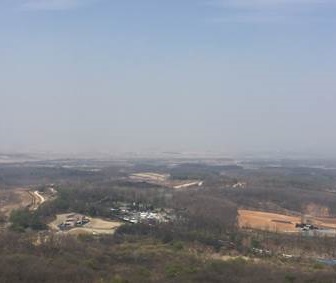
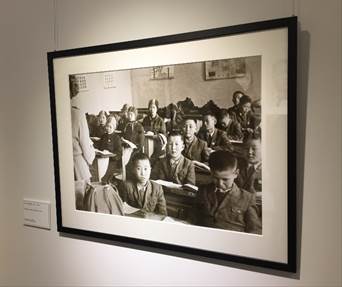
 Eurasia Unit for Border Research (Japan)
Eurasia Unit for Border Research (Japan)




